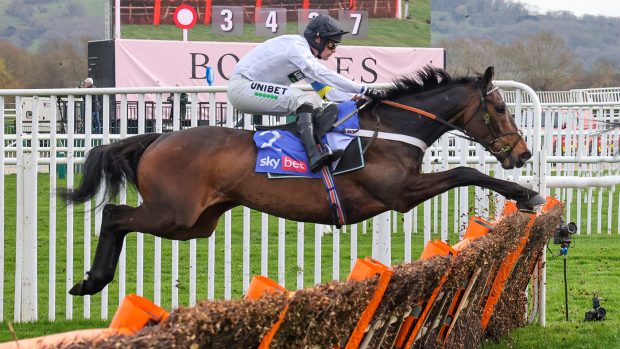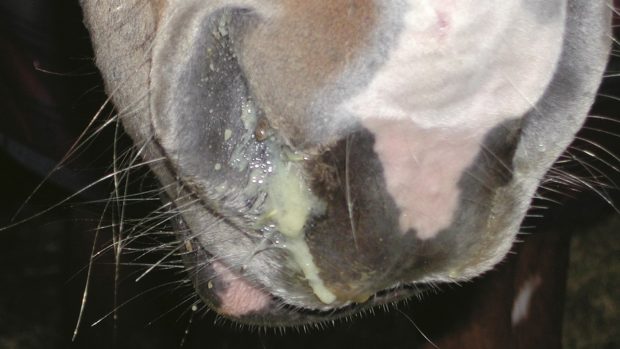Expert advice from HORSE magazine on giving youngsters the best training and upbringing
Q: I own a 14.3hh Thoroughbred/Connemara yearling. He already leads, stands happily while tied up and has his feet picked out. What else can I teach him to broaden his experiences at this young age. I realise he has a lot of growing to do, so I don’t want to overdo it, but at the same time I would like to think I am giving him a good grounding for his future education.
Animal behaviourist Mark Hudson replies: Think about what you want to teach him, keep it easy for him to understand and break everything down into single building blocks. Youngsters have a short concentration span, so everything you do together should be for short periods.
Look to achieve the following in his early lessons:
- Gently rub your hands all over his body, ears, mouth and nostrils.
- Ruba towel all over his body and then move onto something a little more frightening like a plastic bag.
- Introduce him to travel boots, rugs and lay a thick blanket over his withers and take him for a walk with them on.
- Introduce him to clippers, hose pipes, water, drain covers and puddles.
- Walk him over different surfaces, such as sheets of wood, plastic and rubber.
- Lead him over poles, through traffic cones and parallel poles and past flags.
- Introduce him to other animals.
- Load him into a horse trailer and lorry; break this problem down into separate sections until he can stand quietly inside.
- If possible introduce him to cars, tractors, motorbikes, lorries and bicycles in a safe environment.
When you are both confident with the above, take him out for a short walk, slowly increasing the time you are out. Try not to bore him. Introduce him to the same things as before, but in a strange environment.
When you introduce your horse to something new, remember to:
- Reward him for every step he takes towards a scary object, and let him sniff it. When he gets close to it, reward him for standing still.
- Use an area, such as a school, and try to return to the same place each time so he associates it with learning.
- Reward him if he is good and accepts the new experience quietly.
- Never punish him if he is frightened.
| Click here to subscribe to HORSE magazine, which is packed with equine advice every month |




